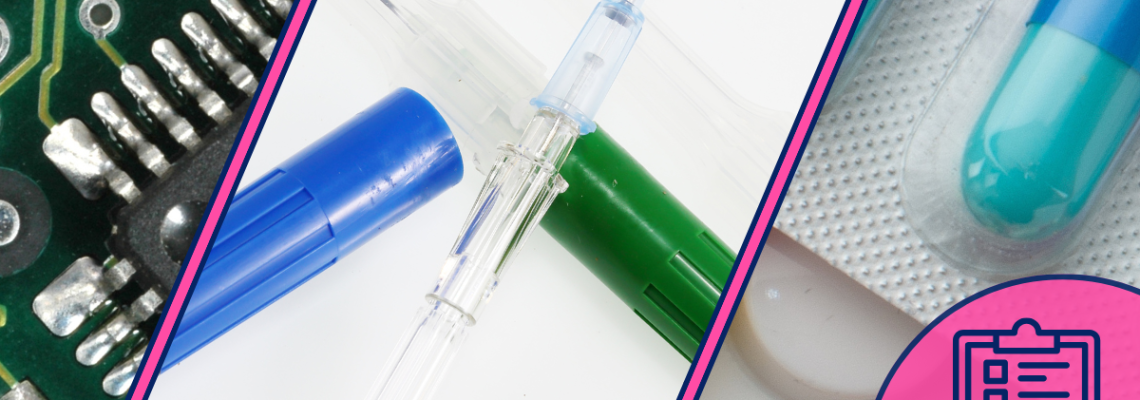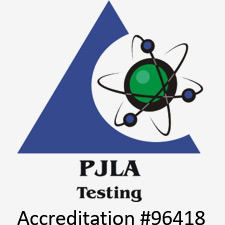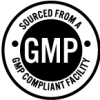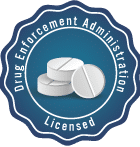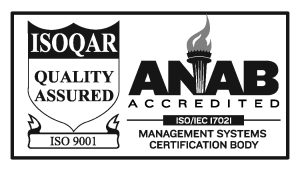With growing awareness around per- and polyfluoroalkyl substances (PFAS), industries from pharmaceuticals to medical devices and electronics are facing increased regulatory and quality-control pressures to manage exposure to PFAS. At Jordi Labs, we provide specialized analysis for PFAS-related concerns, supporting manufacturers and lab technicians with exposure assessments. By partnering with us, you can enhance compliance, protect workers, and ensure product integrity in an evolving regulatory landscape.
Understanding exposure to PFAS in industry settings
In both laboratory and manufacturing contexts, a PFAS exposure assessment is essential to identify and manage potential contamination risks from PFAS, particularly where extractables and leachables (E&L) are a concern. Our expertise in chromatography, mass spectrometry, and regulatory testing includes rigorous air, water, and material analysis of environmental samples, helping uncover areas where PFAS presence may impact product quality or worker safety. With our advanced analytical methods, including high mass accuracy gas and liquid chromatography mass spectrometry, we offer the sensitivity and precision necessary to identify and quantify PFAS and provide a robust foundation for effective PFAS management.
Why PFAS exposure assessment is essential for E&L safety
Exposure to PFAS is especially relevant in sectors where regulatory requirements for E&L testing are strict. PFAS compounds are common in materials valued for their durability and resistance but can pose health and environmental risks due to their persistence. Our assessments give you insights into PFAS contamination risks and ensure that your safety protocols align with regulatory standards from agencies such as the Environmental Protection Agency (EPA) and the Agency for Toxic Substances and Disease Registry (ATSDR).
Why partner with us for PFAS management
Managing Product Quality and Safety
PFAS residues can interfere with the quality and safety of products in industries such as electronics, pharmaceuticals, and medical devices, where purity is paramount. Even minimal contamination can jeopardize performance and regulatory compliance. Our testing methods help ensure that your products meet stringent industry standards and are free from unwanted chemical interferences.
Regulatory compliance and expertise
PFAS regulations are becoming increasingly strict, with guidelines such as the EU’s REACH directives and U.S. state mandates setting clear limits on the levels of specific PFAS analytes (e.g., PFOA, PFOS). Our services provide essential data and insights to help you understand these standards and avoid costly penalties. By staying informed on regulatory shifts, we ensure you receive the most accurate, relevant data for maintaining compliance.
How PFAS exposure assessments work
Sampling and analytical testing
PFAS exposure assessment involves collecting samples from various sources—air, water, soil, and finished products. We can assist in collecting air and surfaces/particulate samples for analysis, or analyze pre-collected samples, from laboratory and manufacturing spaces to ensure that PFAS are not migrating and contaminating areas critical to product quality and worker safety. Our testing protocols leverage industry-leading standards for high-precision data.
Analytical techniques for detection and quantification
We use advanced analytical techniques, including quadrupole time-of-flight liquid chromatography mass spectrometry (QTOF-LCMS) and gas chromatography mass spectrometry (QTOF-GCMS), along with triple quadropole (QqQ) technology, which allow for detection, identification, and quantification of PFAS contaminants at extremely low levels. These methods provide you with precise and reliable results, essential for compliance in regulated industries, supporting PFAS analysis and testing.
Understanding PFAS exposure pathways and sources
Routes of PFAS exposure
PFAS exposure can occur via inhalation, skin contact, or ingestion, particularly when contaminated materials are processed at high temperatures. Our assessments focus on identifying and managing these pathways, helping protect both your employees and end-users from potential exposure.
Identifying key environmental and workplace sources
Common sources of PFAS contamination include raw materials, processing aids, and wastewater emissions. With our expertise, you can efficiently assess high-risk areas and make informed decisions on where to focus your contamination management efforts.
Why PFAS assessments matter for manufacturers
Risk mitigation and reduced liability
By partnering with us for contamination assessments, you can proactively address risks, reducing liability and ensuring safer work environments. These assessments also help minimize long-term health risks and support your company’s initiatives toward safety and environmental responsibility.
Ensuring product integrity
As consumers become more aware of PFAS risks, thorough exposure assessments allow you to offer high-quality, contaminant-free products that build trust and meet regulatory standards for chemical safety.
Adapting to emerging PFAS regulations
Navigating regulatory changes
With PFAS regulations continuously evolving, we help you adapt by providing testing and data that align with the latest standards, ensuring your products remain compliant and ahead of regulatory shifts.
Supporting long-term compliance efforts
We support ongoing monitoring for our clients, ensuring you remain compliant over time and can make necessary adjustments to production processes.
Partner with Jordi for expert PFAS assessment
Our expertise in analytical techniques and regulatory testing is designed to help you manage potential PFAS exposure effectively. Our in-depth knowledge and specialized techniques offer the technical support you need to navigate the complexities of PFAS management confidently and competently. By choosing Jordi Labs, you can secure compliance, maintain product integrity, and foster a safer, PFAS-free work environment.
Contact us today to learn more about how we can support your testing and compliance needs.

